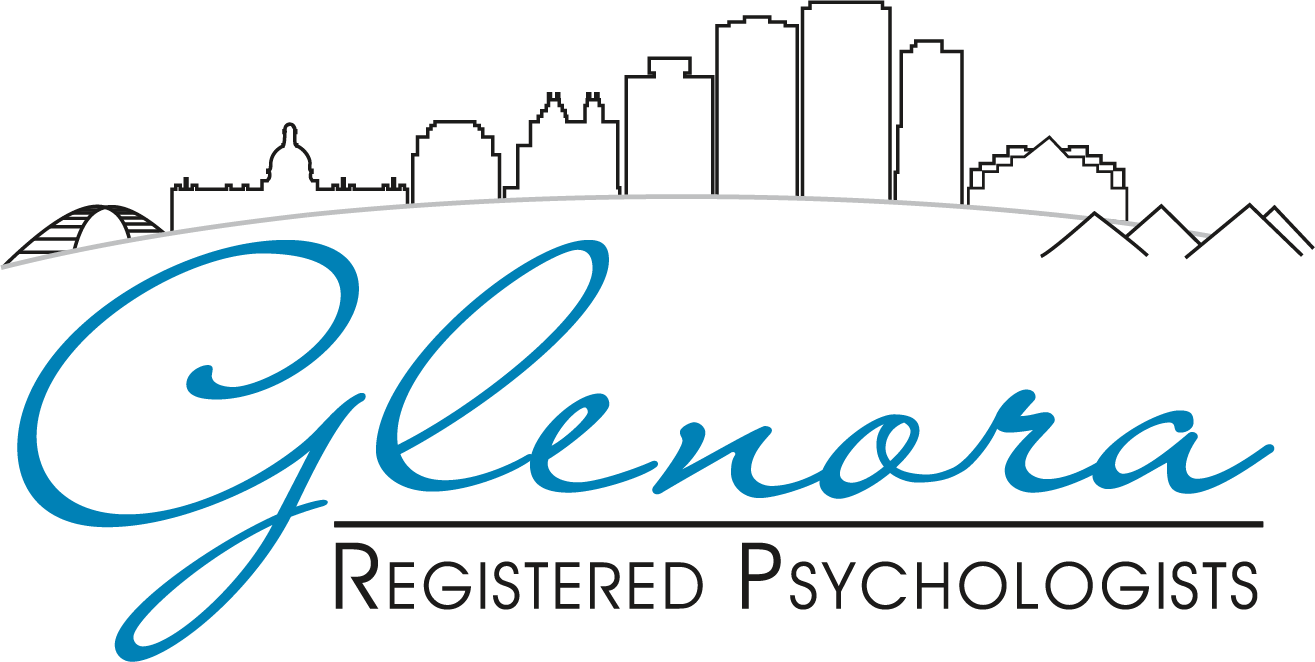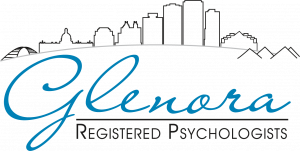For many working people the new motto seems to be “work hard, play hard and sleep hardly”. This is not necessarily a recipe for success. Psychologists have demonstrated again and again that not enough sleep impairs concentration and memory while also increasing levels of stress hormones and disrupting our metabolism. One study found that by getting an extra 60 to 90 minutes of sleep per night memory and concentration are improved, our immune system is strengthened and our risk of being killed in an accident decreases. “Driving while Drowsy” is seen to be responsible for a number of serious car crashes each year.
One way of thinking of sleep is by comparing it to your bank account. Those who chronically are not getting enough sleep build up “sleep debt”, which is just like going into overdraft. Like an overdrawn account we have to pay back the sleep we owe our body until we can return to peak performance. So let’s look at some ways to even out our accounts.
First, many people have irrational beliefs about sleep. For some people who have trouble sleeping they start to worry that some horrible thing will happen if they don’t get exactly 8 hours sleep per night. This “panic” can create elevated anxiety and an adrenaline response that make sleep even more difficult. Remember the sleep debt concept, you can over draw the account at times as long as you pay it back later.
Individuals going through significant stresses tend to lay in bed, thinking about things over and over. Often, it is a series of loosely related thoughts or ideas popping randomly into awareness or obsessing over one issue over and over. A solution to this is found in the inexpensive notebook or on the computer screen. Each night before going to bed take time to write out all your feelings about the problem you are facing. This forces you to take many random thoughts and “tell” them in a logical order while writing them out. Once you have said it all you can then leave a note for yourself for things you need to do the next day to take actions towards your issues. The next step is to “fill up” your head with more positive things by reading a novel or book or watching a bit of television until you find yourself nodding off, which is your cue to turn off the lights and get some sleep. If you are unable to sleep get up for a while and do some boring task, like folding laundry until you find yourself getting tired.
Having a regular bedtime can go a long way towards a good night’s sleep. We see with teenagers that over the summer many stay up later and later and by the time school starts again their sleep-wake cycle is almost the reverse of what is needed for school.
One sleep researcher stated “the goal is to make bedtime a mindless, stress-free activity”. That means eliminating naps and other bad habits such as doing stressful tasks prior to bed or consuming alcohol or caffeine. The myth of having a nightcap is prevalent although as alcohol metabolises it often wakes us up during the night, not to mention the diuretic effect.
Many bookstores have relaxation c.d’s that either have a person guiding us through relaxing various muscle groups, or reading scripts of soothing imagery. Other relaxation c.d’s or “sleep machines” provide soothing, repetitive sounds such as tide or rain that also serves to relax the listener.
Living in Alberta provides its own challenges to sleep. In June we have too many hours of sunlight and in December we have too few. A good set of blackout blinds can help in the summer. In the winter there are now some alarm clocks on the market that slowly increase light levels in the room prior to the alarm going off. Research has shown it is easier to wake up in a room with light than in a dark room.
Daily physical activity can also assist with our sleep patterns, although strenuous activity right before bed can actually inhibit a good sleep. If it still isn’t working a psychologist can help you to either reduce the daily stressors that cause a problem or teach you techniques such as relaxation or self-hypnosis. Those with extreme and chronic insomnia can also discuss with their physician which options can help them including being examined at a sleep clinic.
Dr. Stephen Carter, Registered Psychologist


